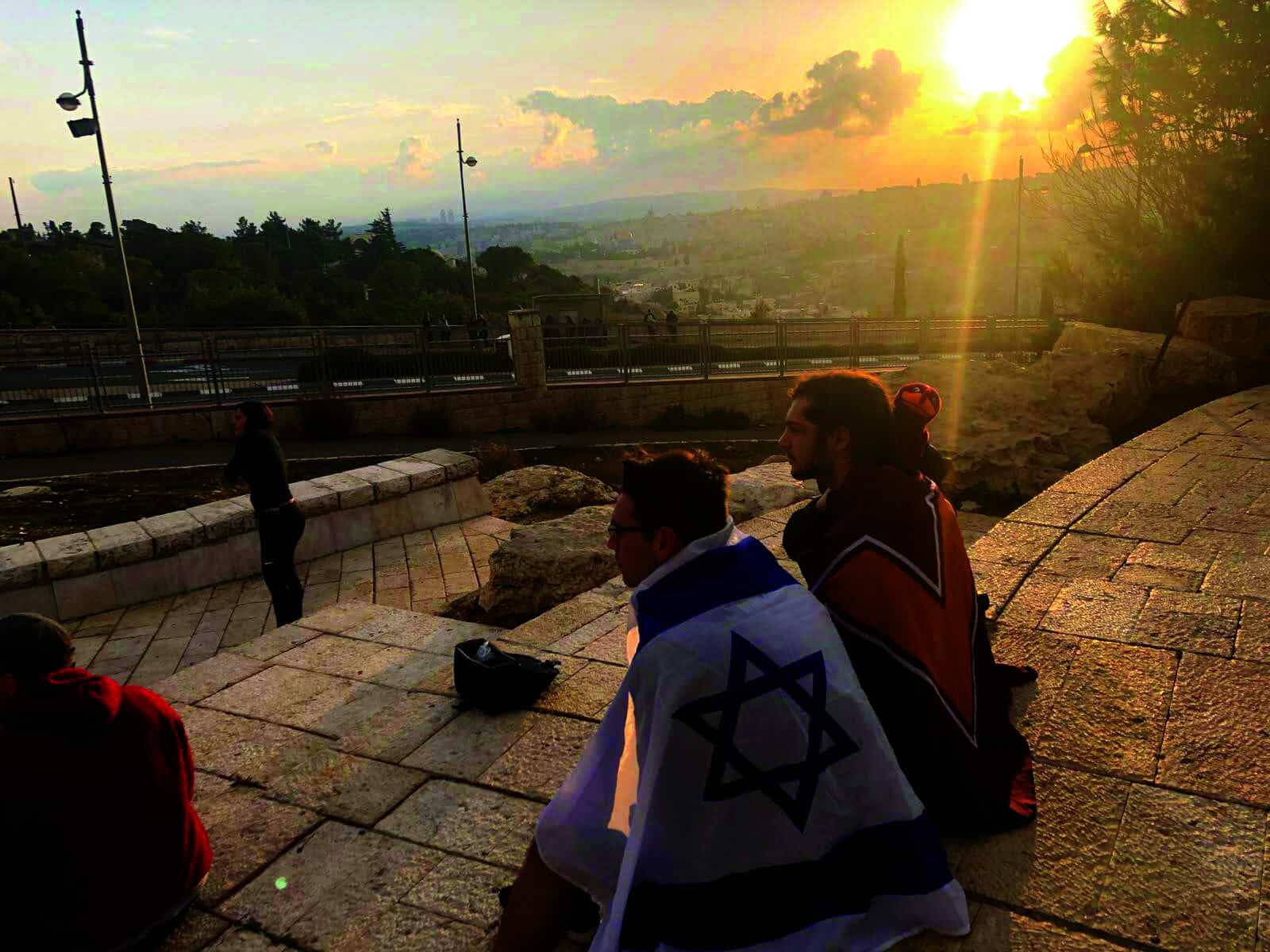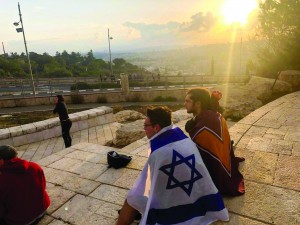According to Sue Kurtz, executive director at Virginia Tech Hillel, students are nervous about the world, their careers, and what comes next. Uncertainty is not an American core value, and the pandemic tests students’ tolerance for change and disruption in ways that Israelis have learned to embrace as part of life.
An Israeli fellow serves multiple roles. While one is to educate the general student body about the foundation of a Democratic State of Israel, they also get personally involved by sharing stories and inviting candid discussions that free students to open up.
“We didn’t have an Israeli fellow on campus after the April 16 shootings in ’07,” says Kurtz. “We got our first fellow the following summer. We’re lucky to have this new and exciting Israeli on campus who is in touch with crisis and uncertainty.”
Funded for years by United Jewish Federation of Tidewater, the Jewish Agency for Israel (JAFI) Israel Campus Fellows project at Virginia Tech gives students access to a peer advisor from Israel whose life experiences sharply contrast their own. The primary purpose of their presence is to build relationships with Friends of Israel students. The fellows recruit and staff Taglit-Birthright Israel and implement practices after the trip to ground the experience. They also oversee Israel education classes open to the wider university, and dialogue candidly about personal experiences as Israelis. This cultural influencer can also guide student leadership to be pro-active in strengthening Israel’s standing on campus and supporting an Israel advocacy agenda. Their presence is especially helpful to those leaders tasked to address anti-Israel events on campus, and organize effective, targeted responses.
Virginia Tech has welcomed several fellows since 2008, all of whom embrace life’s fragility, and provide support and perspective to students before, during, and after a crisis. Common Jewish ground surfaces and Israel is brought home to Virginia when a charismatic peer is right there to relate to their experiences—all through an Israeli filter.
Kurtz finds that the fellow who shares their own real-life experiences in Israel and initiates challenging dialogue about Israel, leads students to Jewish discovery.
“For students who are less connected, or not at all, it’s an entry point, to being Jewish,” says Kurtz. “This person relates to students a little differently. They go on a trip to Israel, debrief when they come back, and the Israeli becomes a connector. They are a resource for all kinds of challenging questions and dialogue about Israel which can ignite discussion about many different aspects of the student’s life. This entire experience has proven its potential to spark their Jewish souls.”
“A fellow’s presence during COVID-19 is a big gift. We see success when students have someone who has a different attitude is there to confide in and talk to about anxiety and uncertainty. Thanks to UJFT support, we can continue the program and sustain it,” says Kurtz.
In addition to supporting the JAFI Israel Campus Fellows at Virginia Tech, UJFT supports similar programs at University of Virginia, where a fellow just left and a new one will arrive next month; and George Mason University, which also just said goodbye to their fellow and expects a new one in August.
JAFI is an overseas partner agency of UJFT.
This is part of a series of articles spotlighting local and overseas partner agencies that are beneficiaries of the United Jewish Federation Tidewater’s annual Community Campaign.
– Lisa Richmon


